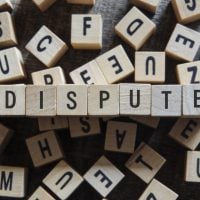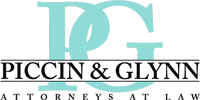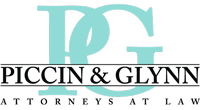
Auto insurance is required by the Florida Department of Highway Safety and Motor Vehicles when you are registering any vehicle with four wheels or more. The least expensive coverage does not provide many important coverages such a Bodily Injury Coverage which protects your assets if you are at fault or Uninsured/Underinsured Motorist coverage which provides coverage for injury you receive when someone else is at fault but doesn’t have any or doesn’t have enough coverage. The following terms are some of the most basic types of auto coverage.
- Premium: In short, this is the price you pay to purchase a policy from an insurance provider.
The details of your policy may vary depending on any options you choose beyond the amount of coverage required by law. Typically, you will pay premiums on a monthly, yearly, or semi-annual basis.
- Deductible: After a car accident, you are usually required to pay some of your losses out-of-pocket before the amount triggers coverage under your policy. This is your deductible, which is also specific to the insurance coverage you purchase. In general, your deductible will be lower if you pay higher premiums and vice versa.
- Personal Injury Protection: Because Florida is a no-fault state, you are required to carry PIP to cover some of your losses in an auto accident – regardless of who was negligent in causing the crash. When you file a PIP claim, you can obtain compensation for 80 percent of your medical expenses, such as surgery, doctor’s visits, ambulance, medication, and other costs. If you miss work, you can recover 60 percent of your lost wages, up to your PIP limit.
- Collision Coverage: This term refers to coverage that applies if your car is damaged in an accident with another car or in a single-vehicle collision. You are not required to carry the collision option by law, but your lender may require it if you have an auto loan.
- Comprehensive Coverage: Your car can be exposed to property damage even when it is not in use, such as by theft, falling objects, and animals. Particularly in Florida, hurricanes can lead to considerable damage or even total destruction of your vehicle. Comprehensive coverage provides reimbursement for the costs of repair or replacement when the damage is not related to an auto accident.
Talk to an Ocala, FL Insurance Disputes Attorney About Your Claim
At Piccin & Glynn, our legal team has considerable knowledge in fighting for the rights of policyholders in insurance disputes. If you are having problems getting your insurance company to pay a rightful claim, please contact our Ocala, FL office at 352-558-8480 or visit our website to schedule a free consultation.
Resource:

